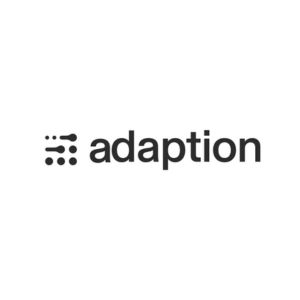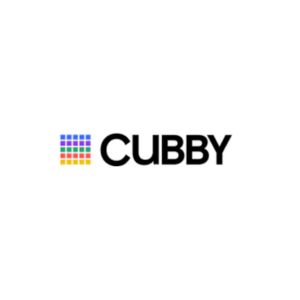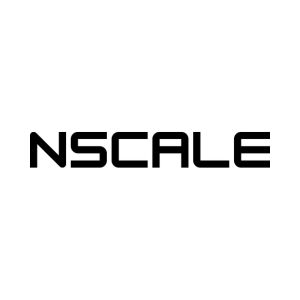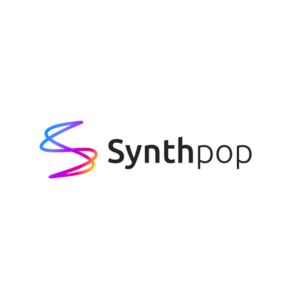Startups & Business News

The intersection of AI and healthcare just got a major jolt: Abridge, the Pittsburgh-based startup known for its AI-powered medical scribe technology, has closed a massive $300 million Series E funding round. The deal, led by Andreessen Horowitz with participation from Khosla Ventures, nearly doubles Abridge’s valuation to $5.3 billion—an eye-popping leap in just four months.

Why All the Buzz Around AI Medical Scribes?
Let’s face it, medical documentation has been a pain point for clinicians for decades. Doctors and nurses often spend hours after their shifts typing up notes, which not only eats into their personal time but also contributes to widespread burnout. Enter Abridge’s ambient AI scribe: a tool that listens in on patient-clinician conversations (with consent), transcribes them in real-time, and generates accurate clinical notes that sync directly with electronic health records.
This isn’t just another automation tool. Ambient AI documentation is reshaping workflows, freeing up clinicians to focus on patients instead of paperwork. Hospitals piloting this tech have reported significant reductions in charting time and a measurable drop in burnout rates.
The Investment Signals a Shift in Healthcare Tech
Abridge’s latest funding round is more than just a big number—it’s a signal that investors see real, scalable value in AI-driven solutions for healthcare’s most stubborn problems. As the company’s valuation surges, it’s clear that ambient AI documentation is moving from early adoption to mainstream acceptance.
The funds will likely go toward scaling operations, refining the AI models, and expanding partnerships with major health systems. If current trends hold, we’ll see even more hospitals integrating AI scribes into their daily routines, with ripple effects across patient care, revenue cycle management, and clinician satisfaction.
What’s Next for AI in Healthcare?
With nearly half of US hospitals now experimenting with AI for documentation and revenue cycle management, Abridge’s momentum could accelerate industry-wide adoption. The ultimate goal: less time on screens, more time with patients, and a healthcare system that runs a little smoother for everyone involved.
Stay tuned—this is one space where AI isn’t just a buzzword, it’s making a real difference on the front lines of medicine.

futureTEKnow
Editorial Team
futureTEKnow is a leading source for Technology, Startups, and Business News, spotlighting the most innovative companies and breakthrough trends in emerging tech sectors like Artificial Intelligence (AI), Robotics, and the Space Industry.
Discover the companies and startups shaping tomorrow — explore the future of technology today.
Trending Companies
Latest Articles
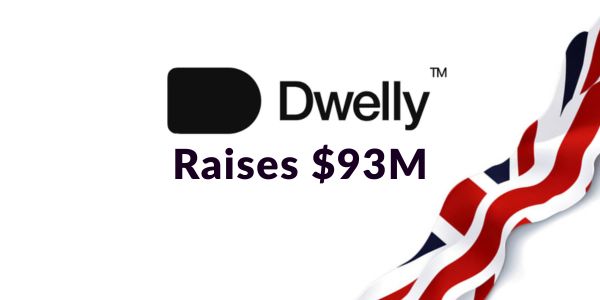
Dwelly Raises $93M to Supercharge AI-Powered UK Rentals Roll-Up
London startup Dwelly just landed $93M to snap up UK rental agencies and inject AI smarts. Founders from Uber and
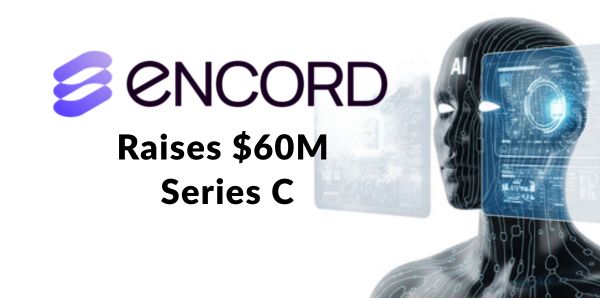
Encord Raises $60M Series C: Fueling Physical AI Data Wave
Encord just landed $60M in Series C funding to supercharge data tools for physical AI. Founders Eric Landau and Ulrik

Foodforecast Raises €8M Series A to Slash Ultra-Fresh Food Waste with AI
Foodforecast, a Cologne AI foodtech firm, just scored €8M in Series A funding led by SHIFT Invest. Their tools predict

AI-Driven Operational Excellence: How Leaders Scale Ownership, Discipline, and Continuous Improvement in 2026
In 2026, AI scales operational excellence fundamentals—clear ownership, disciplined execution, and continuous improvement—letting leaders focus on outcomes while systems handle

VoiceLine raises €10M to scale voice AI for enterprise frontline teams
Munich-based VoiceLine has closed a €10M Series A round to grow its voice AI platform for frontline sales and service

AI-Driven Logistics & Distribution Transformation: From Insight to Scalable Impact
AI is redefining logistics transformation—from network design to real-time execution. This article explores how data-driven insight, intelligent automation, and scalable

Hai Robotics Hong Kong IPO: From Startup Funding to Warehouse Robot Leader
Shenzhen’s Hai Robotics, pioneer in ACR warehouse robots, files for HK IPO after raising over $500M in funding rounds led

AI-Enabled Process Engineering & Continuous Improvement: Designing Systems That Learn
Explore how AI transforms process engineering and continuous improvement into self-learning systems. This article explains how organizations can design operations
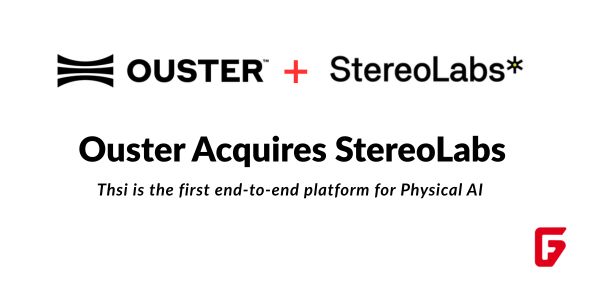
Ouster Acquires StereoLabs: Unified Physical AI Sensing Platform Launches
Ouster’s $35M StereoLabs acquisition fuses lidar and ZED cameras into end-to-end Physical AI sensing. Founders Cecile Schmollgruber and team drive

Bretton AI Lands $75M Series B Funding to Scale AI Agents for Financial Crime and AML/KYC Compliance
Bretton AI’s $75M Series B modernizes AML KYC compliance via AI agents, slashing staffing costs for banks and fintechs like

Axiom Space Raises $350M to Build Commercial Space Station and NASA Spacesuits
Axiom Space has locked in a fresh $350M raise to push its commercial space station and NASA lunar spacesuits toward

Santé Raises $7.6M Seed: AI Fintech Revolution for Wine and Liquor Retail
New York startup Santé secures $7.6M seed to build AI-powered POS for liquor stores, tackling regs & inventory woes after
futureTEKnow is focused on identifying and promoting creators, disruptors and innovators, and serving as a vital resource for those interested in the latest advancements in technology.
© 2026 All Rights Reserved.
![Discover the top 10 AI companies in Germany [1st Edition], revolutionizing industries with cutting-edge technology and innovations.](https://futureteknow.com/wp-content/uploads/2025/02/Top-10-AI-Companies-in-Germany-Leading-the-Tech-Revolution-futureTEKnow.jpg)


